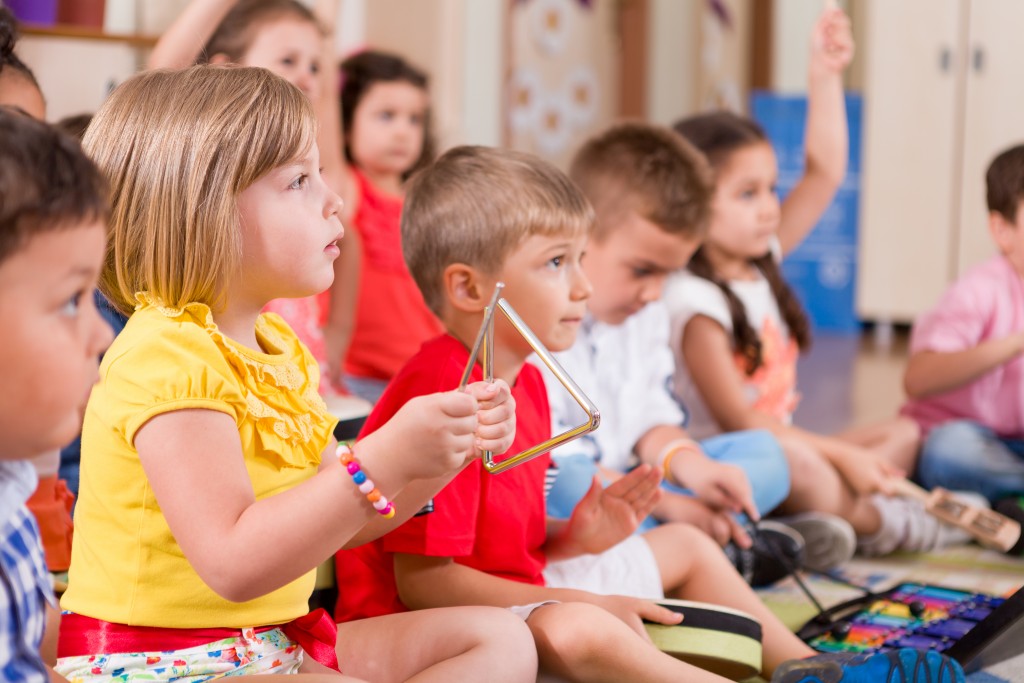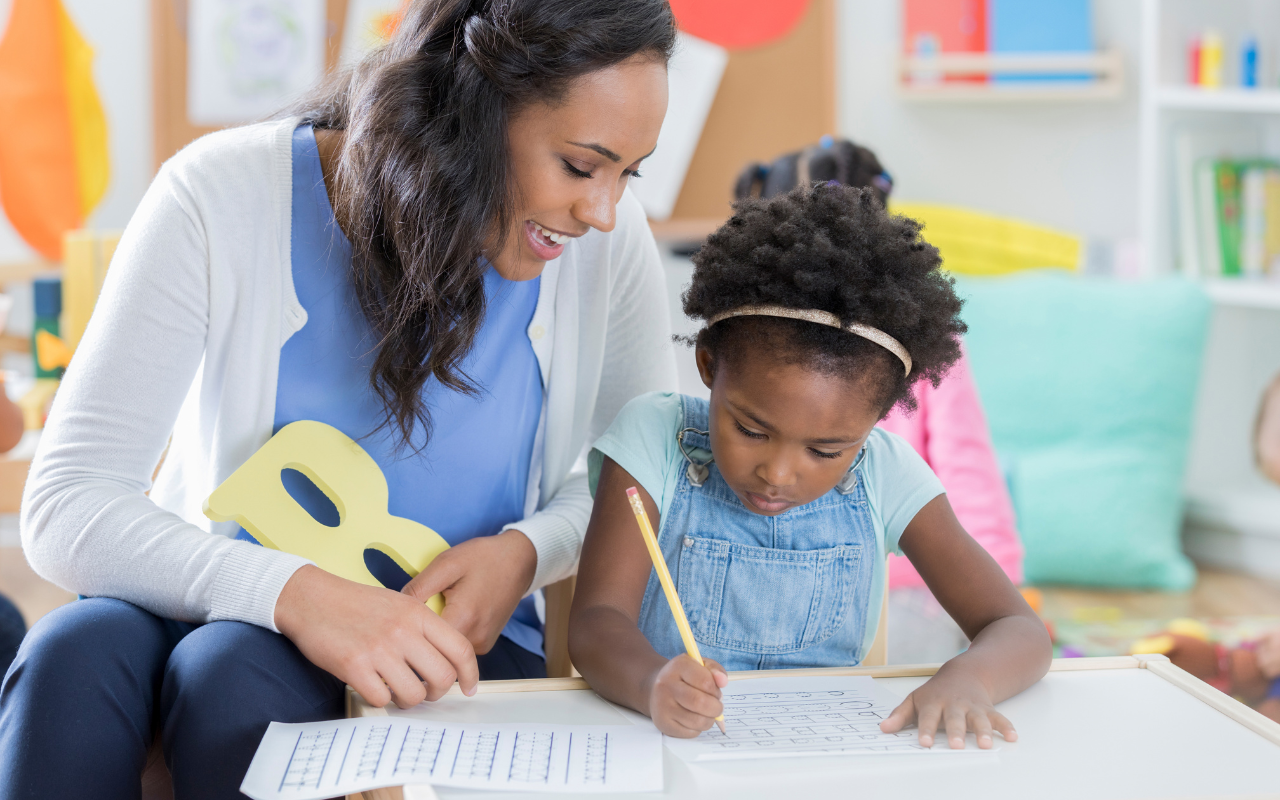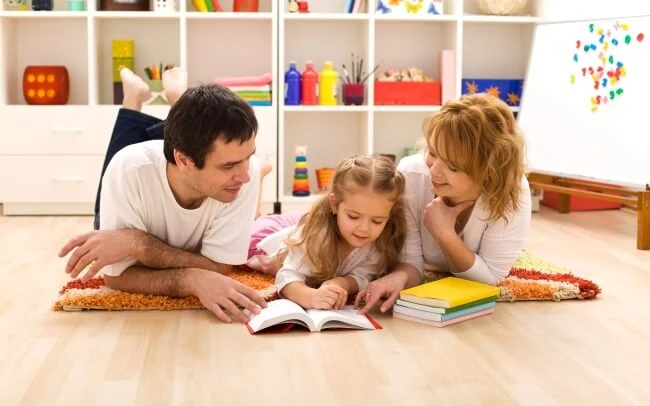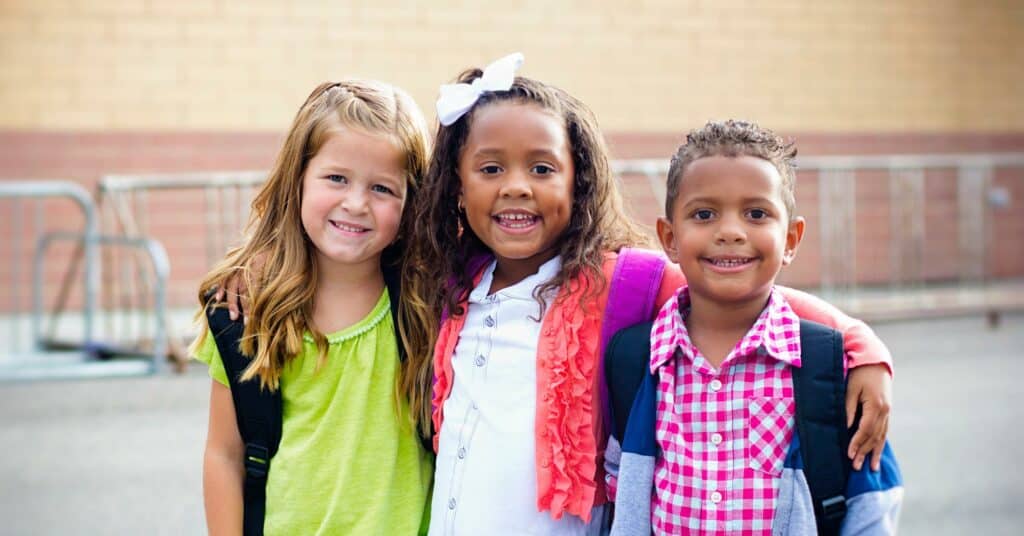Why Are Educational Tools Vital for Child Behavior Issues?
When dealing with child behavior issues, educational tools are pivotal for shaping positive behaviors and skills. These tools help children develop self-regulation, problem-solving abilities, and social interaction skills. By using techniques like cognitive behavioral therapy and mindfulness, kids can manage emotions effectively. Encouraging good behavior through reward systems and enhancing critical thinking abilities are crucial aspects. Additionally, tailored interventions and personalized learning support various strengths and challenges. To nurture holistic growth, addressing emotional, social, and academic needs is imperative. Utilizing educational tools sets a strong foundation for guiding children through behavior challenges with success.
Key Takeaways
- Educational tools offer tailored techniques for behavior modification.
- They promote cognitive development and problem-solving skills.
- Enhance emotional regulation through mindfulness and cognitive behavioral therapy.
- Foster social skills development through positive interactions.
- Boost self-esteem, improve communication, and encourage critical thinking.
Importance of Educational Tools

Understanding the significance of using educational tools in addressing child behavior issues is essential for effective intervention and support. Parent involvement plays an essential role in the success of any educational support system. By actively engaging with parents, educators can create a collaborative environment that fosters positive behavioral changes in children.
Behavioral therapy, a key component of educational tools, focuses on modifying behaviors through various techniques tailored to the child’s specific needs. This form of therapy equips children with the necessary skills to manage their emotions and interact with others in a constructive manner.
Moreover, cognitive development is another important aspect of educational tools. By incorporating activities that stimulate cognitive growth, children can enhance their problem-solving abilities and decision-making skills. Educational tools not only address current behavior issues but also promote long-term development in children. Encouraging cognitive development through educational tools can lead to improved self-regulation and social interactions, laying a solid foundation for future success.
Enhancing Emotional Regulation

To improve emotional regulation in children with behavior issues, incorporating mindfulness techniques can be highly effective. Mindfulness practices help children develop self-awareness and the ability to manage their emotions in a healthy way. By teaching children to focus on the present moment without judgment, mindfulness can reduce impulsivity and improve emotional control.
Cognitive behavioral therapy (CBT) is another valuable tool for enhancing emotional regulation. Through CBT, children learn to identify negative thought patterns and replace them with healthier, more positive thoughts. This can lead to improved emotional responses and better behavior outcomes.
In addition to mindfulness and CBT, play therapy offers a unique approach to enhancing emotional regulation in children. Through play, children can express their emotions in a safe and supportive environment, helping them process and regulate their feelings effectively.
Fostering Social Skills
To enhance the social skills of children with behavior issues, fostering positive interactions and communication patterns is essential. Social interaction plays a significant role in a child’s development, impacting their emotional intelligence and ability to navigate peer relationships effectively.
For children facing behavior challenges, cultivating healthy social skills is particularly important as it can aid in conflict resolution and promote positive social dynamics.
Encouraging children to engage in cooperative activities that require teamwork can help them learn valuable skills such as effective communication, empathy, and collaboration. By creating opportunities for group discussions or interactive games, children can practice expressing their thoughts and emotions in a constructive manner, enhancing their social competence.
Teaching children problem-solving strategies and the importance of active listening can further strengthen their ability to navigate social interactions successfully. Through guided role-playing scenarios or peer mediation exercises, children can develop essential conflict resolution skills that will benefit them in various social settings.
Ultimately, fostering social skills in children with behavior issues empowers them to build meaningful connections and thrive in their social environments.
Building Self-Esteem
You play an essential role in helping your child develop a strong sense of self-worth.
By recognizing and praising their efforts, you can boost their confidence in their abilities.
Encouraging them to try new things and learn from mistakes will nurture their self-esteem over time.

Self-Worth Through Learning
Developing a strong sense of self-worth through the process of learning is essential for building a solid foundation of self-esteem in children. As children engage in educational activities, they not only acquire knowledge but also develop a deeper understanding of themselves.
The journey of learning fosters personal growth by challenging children to explore their capabilities, learn from failures, and celebrate successes. Academic success plays a vital role in shaping a child’s self-worth, as it validates their efforts and reinforces a positive self-image. When children excel in their studies, they feel a sense of accomplishment that boosts their confidence and self-esteem.
Encouraging children to pursue knowledge and skills helps them recognize their value beyond academic achievements. By engaging in learning experiences, children discover their strengths, interests, and unique qualities, which contributes to a healthy sense of self-worth. As children navigate the learning process, they learn to appreciate their individuality and develop a positive outlook on their abilities.
Ultimately, self-worth through learning empowers children to embrace challenges, strive for excellence, and believe in their potential.
Confidence in Abilities
Developing confidence in their abilities is essential for children to build a strong sense of self-esteem. Self-assurance plays an important role in fostering a positive self-image and empowering children to navigate challenges with resilience.
By instilling a growth mindset, where mistakes are seen as opportunities for learning and growth, children can develop the confidence to face difficulties head-on. Encouraging skill development through educational tools not only enhances their academic success but also boosts their self-esteem.
When children believe in their abilities, they’re more likely to persevere through obstacles and setbacks. Confidence in their skills allows them to approach tasks with a can-do attitude, promoting a sense of accomplishment and self-worth.
Educational tools that cater to individual learning styles can further bolster this confidence, providing children with the support they need to excel. By fostering a positive self-perception and nurturing their belief in themselves, children can thrive academically and emotionally.
Improving Communication Abilities
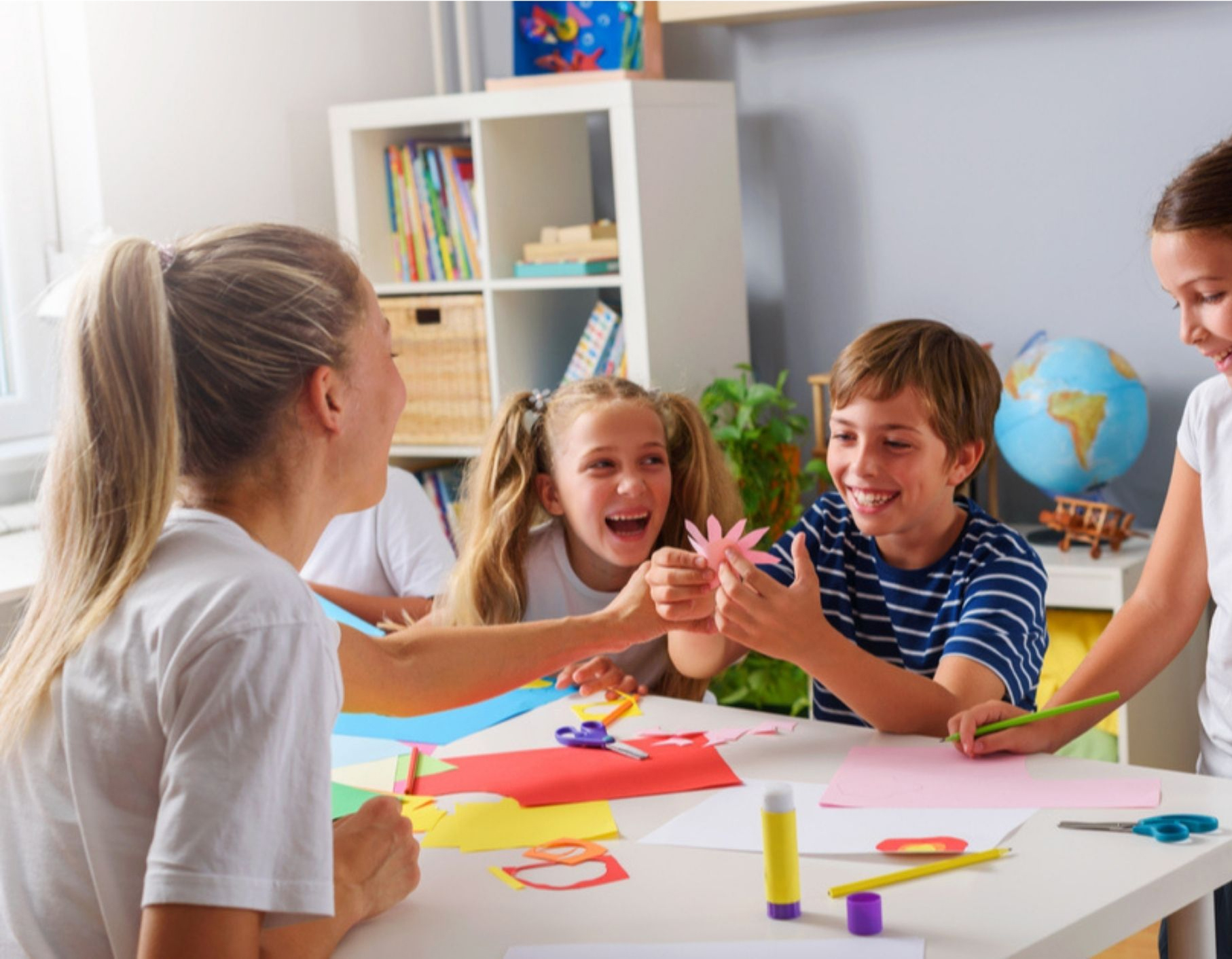
Improving communication skills is essential in addressing child behavior issues effectively. Parent involvement plays an important role in enhancing a child’s communication abilities. By actively engaging in conversations, parents can model effective communication techniques and provide a supportive environment for their child to express themselves. Additionally, seeking therapy support can offer specialized strategies to improve communication and strengthen relationships within the family.
Encouraging peer interaction and promoting classroom engagement are also key aspects of enhancing a child’s communication skills. Interacting with peers allows children to practice their communication in various social settings, fostering confidence and adaptability in different situations. Classroom engagement, through activities that encourage verbal expression and active listening, can further develop a child’s communication abilities.
Promoting Positive Behavior
To foster positive behavior in children, it’s essential to establish clear expectations and consistent reinforcement strategies. Parent involvement plays an important role in promoting positive behavior. By actively participating in their child’s behavior management, parents can better understand and address any issues that arise.
Behavior charts are a useful tool that can visually track a child’s progress and provide a clear overview of their behavior patterns.
Implementing reward systems can also be highly effective in encouraging positive behavior. By offering incentives for good behavior, children are motivated to continue displaying positive actions. Positive reinforcement, such as verbal praise or small rewards, can greatly impact a child’s behavior in a positive way.
Consistency is key when it comes to promoting positive behavior. It’s important for parents to consistently enforce rules and consequences to help children understand the expectations. By creating a structured environment with clear boundaries and positive reinforcement, children are more likely to develop and maintain positive behaviors.
Encouraging Critical Thinking
When it comes to handling child behavior issues, encouraging critical thinking is key.
By enhancing problem-solving skills, children can learn to approach challenges with confidence and creativity.
Fostering independent decision-making empowers kids to think critically about their actions and choices.

Enhancing Problem-Solving Skills
Enhancing problem-solving skills involves fostering a child’s ability to think critically and creatively when faced with challenges. Cognitive development, problem-solving, skill-building, and critical analysis are essential components in honing these skills.
By providing children with opportunities to engage in tasks that require them to analyze, evaluate, and come up with solutions, their problem-solving abilities can be greatly improved.
Encouraging critical thinking helps children approach problems with a structured mindset, breaking down complex issues into manageable parts. This process enables them to explore different perspectives, weigh alternatives, and make informed decisions.
Through practice and guidance, children can develop a repertoire of strategies to tackle various problems effectively.
As children engage in activities that promote critical analysis, they not only enhance their problem-solving skills but also boost their confidence in facing challenges.
This empowerment lays a strong foundation for their future success, equipping them with invaluable tools for addressing life’s complexities with resilience and adaptability.
Fostering Independent Decision-Making
Fostering independent decision-making in children involves cultivating their critical thinking skills through practical and engaging activities. By nurturing decision-making skills, you empower children to make informed choices, boosting their confidence and sense of autonomy. Educational tools play a pivotal role in this process, providing structured ways for children to practice making decisions and understanding the consequences of their choices.
Encouraging child independence through decision-making not only enhances their problem-solving abilities but also fosters personal growth. As children learn to weigh options, consider alternatives, and anticipate outcomes, they develop valuable life skills that extend beyond the classroom. These decision-making experiences contribute to their cognitive development, emotional intelligence, and overall resilience.
Through educational tools that promote critical thinking, children can explore different scenarios, analyze information, and make sound decisions. By guiding them through this process, you’re laying a foundation for their future success and empowering them to navigate the complexities of life with confidence.
Supporting Learning Differences

Understanding and addressing various learning differences is vital when seeking to support children’s educational development and behavioral growth. Providing individualized support and personalized learning experiences can make a significant difference in how children with diverse learning needs engage with educational tools.
By implementing adaptive strategies and tailored interventions, educators and caregivers can create environments that cater to each child’s specific strengths and challenges.
It’s essential to recognize that every child learns differently, and what works for one may not work for another. By offering personalized learning opportunities, such as using visual aids for visual learners or hands-on activities for kinesthetic learners, children are more likely to grasp concepts effectively.
Additionally, adaptive strategies like breaking down complex tasks into smaller, manageable steps can help children with learning differences feel more confident and successful in their academic pursuits.
In essence, supporting learning differences through individualized support and adaptive strategies is key to fostering a positive educational experience for all children, ultimately promoting their overall development and well-being.
Enhancing Overall Well-Being
To promote a child’s overall well-being, it’s essential to take into account their emotional, social, and physical needs in conjunction with their educational development. Ensuring that a child’s cognitive development is supported alongside their academic success is pivotal for their holistic growth. By providing educational tools that cater to various learning styles and abilities, you can enhance their cognitive skills while promoting academic achievement.
Additionally, focusing on emotional intelligence and mental health is key in nurturing a child’s well-being. Teaching children how to recognize and manage their emotions, as well as fostering positive social interactions, can have a profound impact on their mental health in a positive way. By incorporating tools that support emotional intelligence development, you can help children navigate complex feelings and build resilience.
Frequently Asked Questions
How Can Educational Tools Address Specific Learning Disabilities?
To address specific learning disabilities, educational tools focus on individualized strategies that cater to cognitive development. They provide support systems and aid in behavior modification, ultimately empowering you to navigate challenges and succeed academically.
Are There Age-Specific Educational Tools for Child Behavior Issues?
When addressing child behavior issues, it’s essential to use age-appropriate strategies for behavior modification. Tailoring cognitive development and behavioral interventions to specific ages enhances effectiveness. Utilizing tools geared towards various developmental stages can make a significant impact.
Can Educational Tools Be Used Effectively at Home?
Yes, educational tools can be effective at home for behavior management. Parent involvement is essential. Consistency in using these tools in the home environment helps reinforce positive behaviors. By implementing them regularly, you can see significant improvements.
What Role Do Parents Play in Utilizing Educational Tools?
Parent involvement is essential in utilizing educational tools effectively. By fostering open and effective communication with your child, you can better understand their needs and apply appropriate tools to address behavior issues positively and proactively.
How Do Educational Tools Cater to Children With Behavioral Challenges?
When children face behavioral challenges, educational tools provide strategies for behavior management. These tools promote cognitive development by teaching coping mechanisms, social skills, and emotional regulation. They cater to individual needs, fostering growth and positive change.
Conclusion
By utilizing educational tools, you can help address your child’s behavior issues in a holistic and effective manner. These tools not only promote positive behavior and social skills but also enhance emotional regulation, self-esteem, communication abilities, and critical thinking.
By supporting your child’s learning differences and overall well-being through educational tools, you’re empowering them to navigate the challenges they face and thrive in their personal and academic development.

Hey there! 👋 I’m a proud mom and passionate writer, sharing my parenting journey. 📝 Join me as I navigate the ups and downs of motherhood, offering tips, advice, and a sprinkle of humor along the way. 🌟

